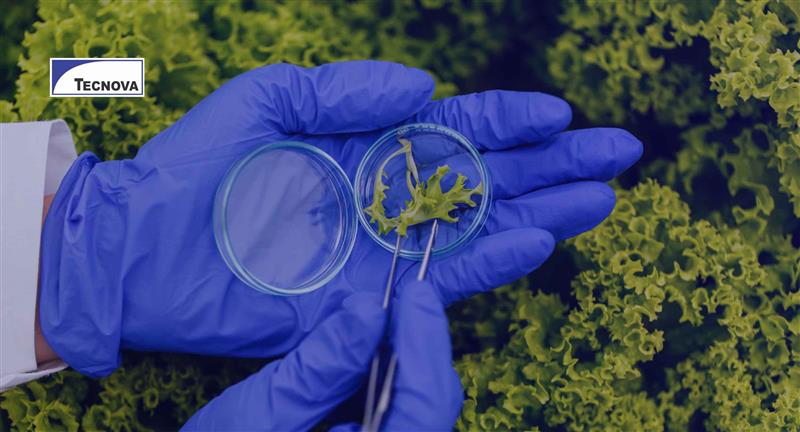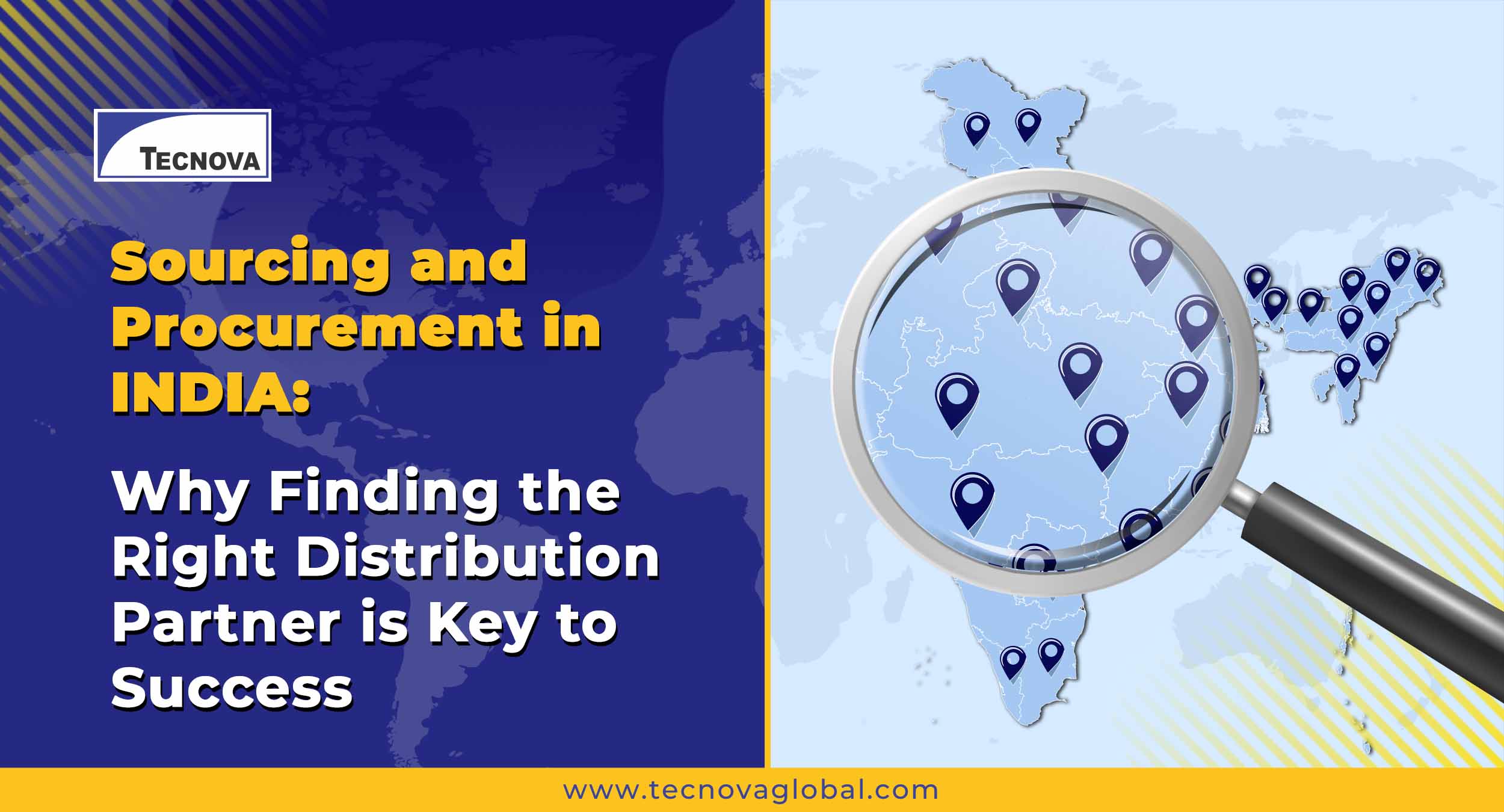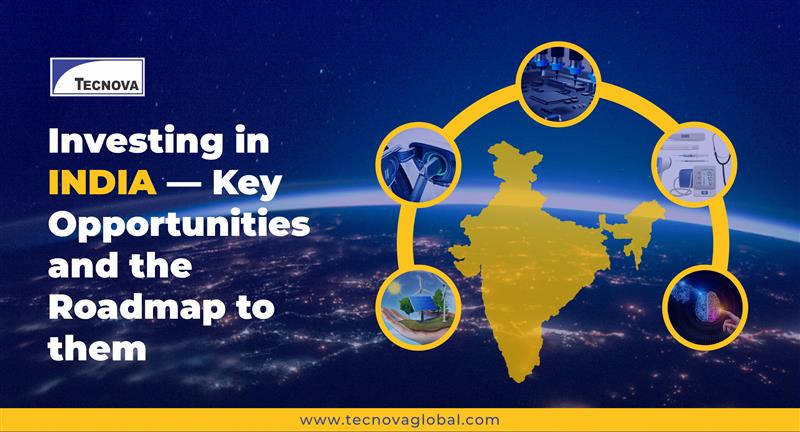India’s Bioeconomy: The Next Global Growth Frontier
India’s bioeconomy, currently valued at USD 165.75 billion, is projected to touch USD 300 billion by 2030. With rapid expansion across biopharma, bio-agriculture, bio-industrial, bioservices, and bioinformatics, the country combines cost efficiency, global market access, and innovation capacity—positioning itself as a prime destination for foreign biotech investment with strategic life sciences consulting support.
The Five Pillars of India’s Biotechnology Growth
Biopharmaceuticals
- Market Share: 73.15%
- CAGR (2023–2030): 13.2%
- Strengths: 30–35% lower manufacturing costs than US/EU, cGMP-certified facilities, exports to 200+ countries.
Bio-agriculture
- Market Share: 11.18%
- CAGR (2023–2030): 17.6%
- Growth Drivers: NMSA, bio-fertilizers, bio-pesticides, 140M hectares of arable land, and Krishi Vigyan Kendras ensuring lab-to-farm adoption.
Bio-industrial
- Market Share: 9.8%
- CAGR (2023–2030): 7.5%
- Anchored by: Atmanirbhar Bharat initiatives and the 20% ethanol-blended petrol push.
Bioservices
- Market Share: 1.24%
- CAGR (2023–2030): 19%
- Capabilities: End-to-end global hub for drug discovery, clinical trials, toxicology, data management, and regulatory services.
Bioinformatics
- Market Share: 1%
- CAGR (2023–2030): 13.7%
- Momentum: Expansion in genomics, AI-driven drug discovery, predictive analytics; backed by leading institutions like CSIR and IGIB.
How Tecnova Helps Biotech Businesses Succeed in India
At Tecnova, we support global biotech and life sciences companies in navigating India’s fast-growing bioeconomy through:
- Market Entry & Expansion Strategy – Identifying the right entry models, partners, and geographies.
- Regulatory & Compliance Support – Streamlining approvals, certifications, and compliance with Indian standards.
- Partnership Development – Connecting with research institutions, contract manufacturers, and distribution networks.
- Operational Setup & Scale-up – From entity setup to supply chain optimization and talent acquisition.
- Ongoing Business Consulting – Continuous market insights and strategy refinement to stay competitive.
With deep expertise across biopharma, agri-biotech, industrial biotech, and bioservices, Tecnova empowers international players to leverage India’s cost efficiencies, innovation ecosystem, and global connectivity for long-term success.
Did you know that India’s bioeconomy is poised to reach USD 300 billion by 2030?
The aim is to nearly double its current size, which is approximately USD 165.75 billion. With such surprising yet strategic growth, along with a rapidly increasing economy, a skilled workforce, and favorable business policies, India serves as a land of opportunities for international biotech investors.
But how is India becoming the frontier for biotech investment?
To help you find an answer, this blog sheds light on the market scope and industry segment of the Indian biotech industry, along with how foreign investors with life sciences consulting can be a part of this tremendous growth.
The Size and Scope of India’s Biotech Industry
India is slowly emerging as a biotech powerhouse. Over the past 4 years, the Indian biotech industry has expanded at a compound annual growth rate (CAGR 2019 – 2023) of 17.9%, contributing 4.25% to the national GDP.
The nation currently stands as the third-largest biotech destination in the Asia-Pacific region and ranks among the top 12 globally. It is also:
● The world’s largest vaccine manufacturer
● Supplier of 60% of the WHO’s vaccines globally
● Home to over 5,000 rising biotech startups
● Keeper of 6% share in global fermentation capacities
● A nation with 20% of the global biosimilar development pipeline.
Despite the striking numbers, the Indian biotech industry still contains untapped growth potential in product development and innovation.
With the support of leading life sciences consultants, foreign investors can leverage India’s strong global position to unlock new opportunities and drive growth in the sector.
5 Segments of the Biotechnology Sector in India
1. Biopharmaceuticals
Market share: 73.15%
Estimated CAGR (2023 – 2030): 13.2%
The primary driving forces of the biopharma segment are the strong network of cGMP-certified facilities and clinical trial infrastructure. Currently, India offers high-volume pharmaceuticals production at a 30% - 35% lower manufacturing cost than in the US and Europe. The nation also exports medicines and pharmaceutical equipment to over 200 countries.
2. Bio-agriculture
Market share: 11.18%
Estimated CAGR(2023 – 2030): 17.6%
The Government of India promotes bio-agriculture in rain-fed areas through the National Mission for Sustainable Agriculture (NMSA). The mission has accelerated the production and adoption of bio-fertilizers and bio-pesticides across the nation.

With 140 million hectares of arable land and micro-irrigation potential, as well as Krishi Vigyan Kendras, the government aims to bridge the gap between agricultural research and farming.
3. Bio-industrial
Market share: 9.8%
Estimated CAGR (2023 – 2030): 7.5%
The mission of ‘Atmanirbhar Bharat’ or ‘Energy Independent India’ is the prime stimulator of India’s bio-industrial segment. Furthermore, the government’s push to boost biofuel production and the adoption of up to 20% ethanol-blended petrol encouraged a steady growth of the nation's bio-industrial sector.
4. Bioservices
Market share: 1.24%
Estimated CAGR(2023 – 2030): 19%
India has emerged as a global hub for bioservices, including contract research and clinical trial services. The country offers end-to-end services in drug discovery, toxicology studies, clinical data management, and regulatory filing.
5. Bioinformatics
Market share: 1%
Estimated CAGR(2023 – 2030): 13.7%
Bioinformatics is undoubtedly one of the fastest-growing biotechnology sub-sectors. India is currently building momentum in genomics, AI-driven drug discovery, and big data biology. Institutions like IGIB and CSIR are pushing genomic initiatives, while private players are investing in predictive analytics and health informatics platforms.

Each segment represents not only a standalone growth opportunity but also serves as a window to India’s wider economy and innovation. With the right biotechnology consulting, foreign investors can earn profits from this ever-growing biotech ecosystem.
Top 3 Reasons to invest in the Biotechnology Industry of India
- Strategic location: India's location near emerging markets in Asia, Africa, and the Middle East makes it a great hub for affordable biotech exports and services.
- Growing demand: India is rapidly emerging as a leader in biotechnology. Foreign investors can leverage their expertise to produce high-quality and cost-effective biotech solutions for regulated markets.
- Focus on biomanufacturing: The country has a stronghold in public-private partnerships, supported by organisations like the DBT-BRIC institutes. The collaboration promotes teamwork in research and development for advanced biotech solutions.
Who are the top Investors in Biotechnology?
India’s biotechnology sector is attracting a wide range of investors, including sovereign wealth funds, private equity firms, venture capitalists, and global companies. They are drawn to India’s unique combination of affordable costs, scalability, and scientific talent.
Investors mainly focus on areas like biosimilars, vaccine development, clinical research services, agri-biotech, and AI-driven drug discovery. Interestingly, global health foundations are also getting involved due to the sector’s potential to meet both commercial and humanitarian needs.
What are the key Investment opportunities?
● Biosimilars and biologics: India is leading in low-cost biosimilar production with huge opportunities in local therapy adoption and exports.
● Precision agriculture: Indian biotech start-ups are developing bio-inputs, smart sensors, and genetically improved seeds for data-driven agricultural growth.
● Bioenergy and bioplastics: With diverse sustainability goals, several regional waste-to-energy projects are running across the nation. Though they are currently in their early stage, it has the potential to grow bigger.
● Personalised genomics: With falling genome sequencing costs, direct-to-consumer genomics and predictive health are gaining popularity in India.
Government Support and Policy Incentives
● Biotechnology Industry Research Assistance Council (BIRAC): The BIRAC, a government-backed non-profit organisation, mentors biotech startups and nurtures innovation through life sciences consulting.
● National Biotechnology Development Strategy (NBDS): NBDS is a 2024-2025 framework to make India the hub of bio-manufacturing.
● PLI Scheme for Biopharmaceuticals: The government launched the PLI scheme for domestic pharmaceutical manufacturing. It offers up to 20% incentives on sales of identified biotech products.
● Start-up India Scheme: The Start-up India scheme offers major tax exemptions to eligible biotech start-ups.
● Greenfield Investment: Foreign companies can invest in greenfield biotechnology ventures without the government’s approval.
● National Green Hydrogen Mission: This government-supported initiative establishes India as a global hub for green hydrogen production, usage, and export.
More than 90 cities across India are now part of the country’s rapidly expanding biotech sector. To support this growth, it is essential to invest in people and build robust infrastructure. This will lead to a skilled workforce and state-of-the-art facilities capable of meeting the demands of emerging biotech technologies.
Creating a vibrant research ecosystem that connects universities, startups, large corporations, and local innovation hubs is crucial for driving progress in biotechnology. Encouraging strong public-private partnerships is also crucial for translating research into real-world products and effectively moving discoveries from the lab to the market.
To sustain both innovation and commercialisation, foreign investors must strike the right balance between basic research and applied research. This balance will fuel continuous development and long-term success in the biotech industry.

Tecnova: Your Partner for Pharma & Life Sciences Expansion in India
Tecnova is a leading Indian entry strategy and life sciences consulting firm, with deep expertise in biotechnology. With 40+ years of experience, Tecnova, as a life science industry consulting firm in India, has supported various investors in running successful operations in India.
Key strengths include:
● End-to-end market entry support: From strategy development to operational setup, we guide you through every step.
● Industry-specific expertise: Our professionals possess deep knowledge of India's biotech and life sciences landscape.
● Proven track record: Successfully enabled global biotech companies to localise manufacturing, establish R&D centres, and scale operations in India.
Ready to explore biotech opportunities in India?
Contact us today for life sciences consulting and let our experts guide your successful market entry and growth journey.
References
https://tinyurl.com/yc5hn8uv
https://tinyurl.com/rjf3xk2t
https://tinyurl.com/8hvvxd62
Foreign businesses profit in Indian Bio-Manufacturing
Investing in India’s Pharma: A Guaranteed Success
Strategies for Foreign Pharma and Biotech businesses in India
Pharmaceutical and Drug Manufacturing Sectors in India
The Best Ever Legal & Regulatory Regime to Invest in India
Business Opportunities in India for European Companies
Essentials of the Pharmaceutical Landscape in India
7 Tips for Expanding Your Business in India
Indian Life Sciences Industry





.png)







%20(1).png)
.jpg)



.png)






.jpeg)
















.png)

.png)









.jpg)




.jpg)





















































